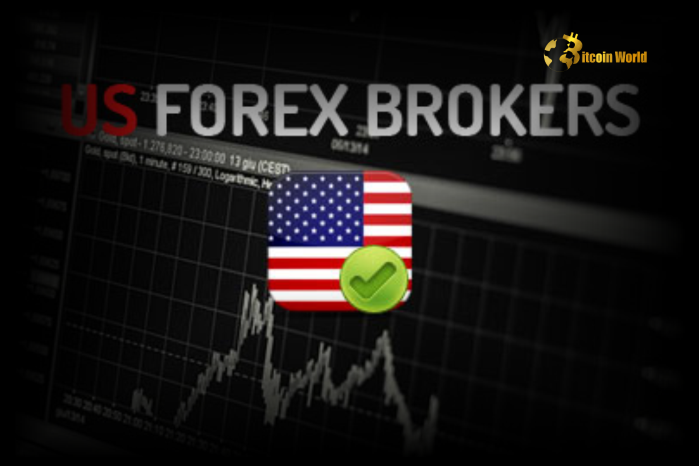Why Forex is Gaining Popularity in America
Why Forex is Gaining Popularity in America
Blog Article
Why Forex is Gaining Popularity in America
Foreign trade, or Forex trading, pulls an incredible number of members in the United States every year. Its utter measurement and liquidity allow it to be one of the very appealing areas globally. Nevertheless, trading forex us. requires a unique and rigid method of regulating Forex activities. If you are trying to trade currencies or simply desire to know the way appropriate frameworks form the Forex market, understanding these regulations is crucial.

Important Legal Frameworks Surrounding Forex in the US
Forex regulation in the United States is distinguishable because of its complete chance regulates and client protections. Two primary government figures oversee most Forex actions:
• Product Futures Trading Commission (CFTC)
• National Futures Association (NFA)
The CFTC, produced in 1974, is assigned with regulating the futures and options markets, foreign trade included. The NFA, as a self-regulatory organization, performs carefully with the CFTC to enforce principles and keep equity in trading practices.
Enrollment and Conformity
Every Forex vendor or broker employing U.S. people should enroll with both CFTC and NFA. These entities will also be required to adhere to demanding operational criteria, including:
• Minimum internet money requirements (often greater than in different countries)
• Continuous audits
• Powerful anti-money laundering (AML) procedures
• Transparent chance disclosure
Violations may cause significant fines or a lasting ban from the market. This regulatory structure seeks to stop scam, protect investors, and enhance industry integrity.
Important Constraints on Forex Actions
Foundational protections influence how Forex operates in the U.S.:
• Influence restricts: The NFA units a maximum leverage of 50:1 for major currency couples and 20:1 for minors. That is much below several worldwide markets, supporting defend new traders from significant losses.
• Segregation of funds: U.S. legislation needs that customer resources are kept split up from broker working funds. This evaluate safeguards traders in the event a broker becomes insolvent.
• Marketing and disclosure: Firms should obviously describe risks, expenses, and trading mechanisms to clients. Misleading or intense solicitation methods experience rigid penalties.
Enforcement and Penalties
U.S. agencies often monitor for fraudulent schemes, insider trading, and illicit industry manipulation. Statistical data from enforcement studies reveals a regular design of penalties and settlements in recent years, featuring constant vigilance. That setting, while stricter than many parts of the world, creates a better playing area for retail and institutional traders alike.
What things to Contemplate as a US Forex Trader
Recent tendencies reveal an ongoing increase in regulatory measures, a focus on consumer training, and constant revisions to submission requirements. If you intend to deal Forex in the U.S., it's essential to:
• Confirm a broker's effective subscription position
• Stay up-to-date with regulatory improvements
• Evaluation risk disclosures before making trades
This approach decreases unforeseen losses and improves your prospects in a firmly managed but robust marketplace. By understanding legitimate rules, U.S. traders may confidently be involved in the Forex industry while remaining within the variables of the law.
Report this page